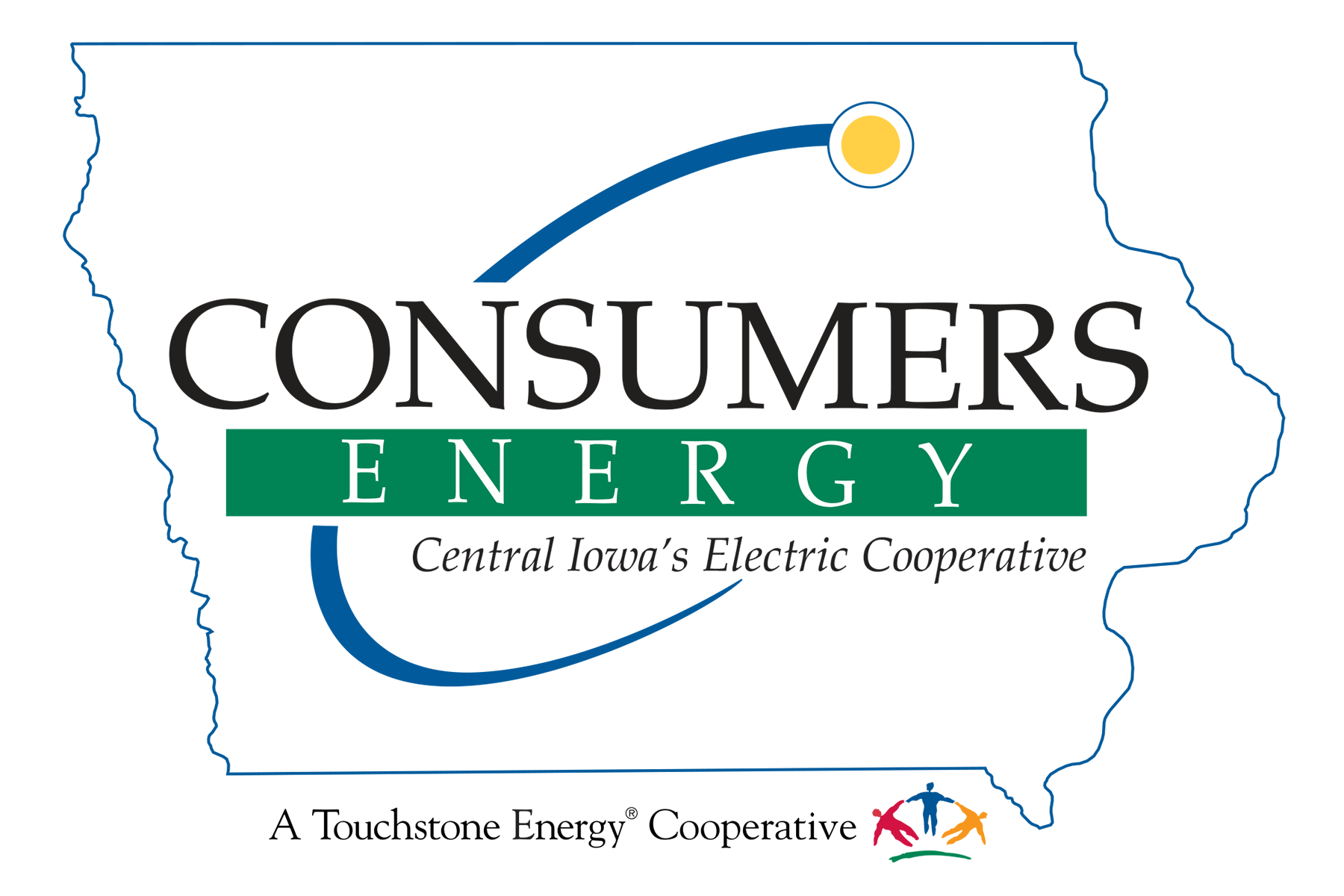In today’s world, electricity is essential. American families rely on electricity daily to heat and cool their homes, wash their clothes, cook their meals, charge their phones, turn on the lights and connect to the world. And while it might seem like magic, electricity is not generated out of thin air. We expect the lights to turn on when we flip a switch and our phones to charge when we plug them into an outlet. Our energy policies must reflect these expectations and ensure that our families, businesses and communities have access to safe, reliable and affordable electricity.
Over the last few years, green-energy absolutists and federal policymakers have prioritized an untenable, unrealistic and costly energy agenda over commonsense policies to power our country and provide American families with reliable, affordable energy. This detrimental agenda for American-made energy at the highest levels of government has caused gas increases and volatile electricity costs. Even worse, these policies have the potential to be particularly catastrophic for our rural communities, farm families and main street businesses.
As opposed to states like California, whose one-size-fits-all energy policies impose production restrictions that lead to blackouts and high costs, Iowa is home to 48 locally owned, community focused electric cooperatives that prioritize reliability and affordability for the more than 650,000 Iowans and 210,000 businesses, homes, and farms that they serve. Thanks to local governance and diversified power generation sources, the average co-op member household in Iowa pays about $5 a day for electricity and Iowa electric cooperatives have returned more than $300 million to their member-owners in the form of retired capital credits. These low costs and attractive returns are only possible due to a commonsense management approach that empowers electric cooperatives to invest in the most productive and cost-effective power sources for their member-consumers. We urge national policymakers to do the same.
To support a robust cooperative ecosystem and expand abundant supplies of affordable electricity, lawmakers must prioritize economic and energy certainty for electric cooperatives by advancing an all-of-the-above American energy strategy that prioritizes permitting reform and provides low-interest capital for community development projects.
First, reliable and affordable electricity generation requires source flexibility and policy malleability. In other words, Congress should embrace an all-of-the-above energy agenda that ensures that Iowans can access affordable electricity when and where they need it, while simultaneously investing in renewable energy sources that are abundant in Iowa like wind power. To date, Iowa electric co-ops have invested in 33 wind farms, over a dozen utility-scale and community based solar projects, 4 landfill gas projects, 5 methane digesters and multiple hydroelectric stations to complement more traditional power sources like natural gas and coal. Some co-ops are also looking at small-scale nuclear technology as another dispatchable power generation option. Additionally, Iowa electric co-ops have interconnected roughly 2,200 member-owned generation installations as a demonstration of support for an all-inclusive generation mix, even from non-utility locations. By allowing local cooperatives to determine the best, most comprehensive energy strategy for their consumers, our families, farms and businesses benefit from lower costs, energy security and vital investments in our rural communities.
Second, Congress needs to prioritize federal regulatory and permitting reform. While a great deal of buzz was generated during the end of September over this issue, we are confident that a serious debate is needed over how the federal government can facilitate the development of critical energy and transmission projects. As firm believers in local control, we believe the value of energy infrastructure is best determined by those who will benefit from a particular project. Allowing utilities and the people they serve to have a voice in where a transmission line might be located and who might pay for it is important. The federal government isn’t always in the best position to tell the American people what is in their best interests locally.
Finally, we need to protect and strengthen the Rural Economic Development Loan and Grant program, which powers economic and community development and keeps families and good-paying jobs in rural Iowa. This program provides zero-interest loans of up to one million dollars to local utilities and cooperatives, which are then tasked with passing this funding along to small businesses and community organizations to support initiatives that create jobs, enhance economic opportunity, revitalize main streets and aid small businesses in rural America. Ensuring that our rural communities have access to the capital and credit they need to strengthen long-term economic vitality and attract new residents and businesses to populate small, vibrant towns must be a top priority of the 118th Congress and the upcoming Farm Bill reauthorization.
Electric cooperatives play a crucial role in delivering safe, affordable and reliable electricity to hundreds of thousands of Iowans and tens of millions of Americans. In both the long and short term, the largest threat to our nation’s energy producers and electricity distributors remains federal overreach and unrealistic mandates. Therefore, it is the responsibility of Congress to eliminate red tape that hinders their ability to power our businesses, homes, hospitals and farms and to instead provide them with the flexibility to streamline baseload power generation and diversify their power sources. Our laws must allow electric cooperatives to do what they do best: power our local economies and provide our thriving communities with reliable, affordable electric power that we all rely on every day.

